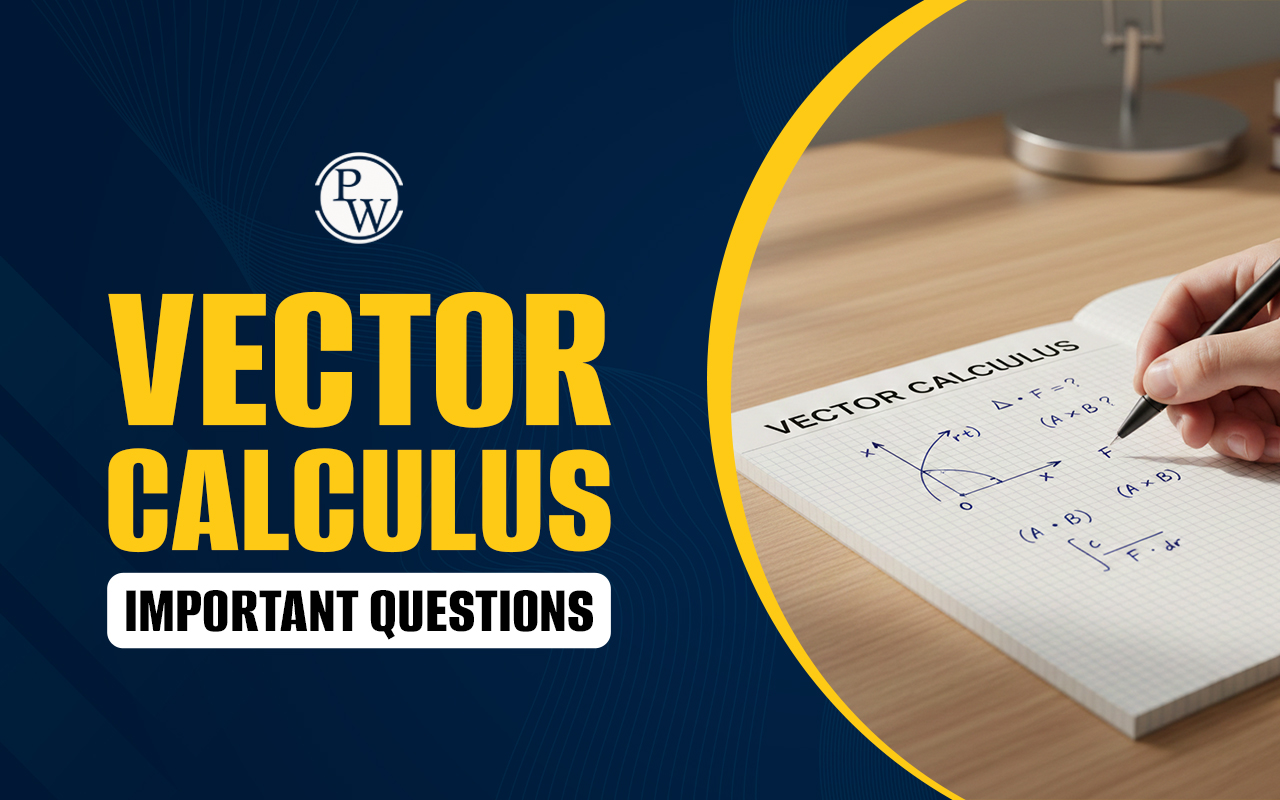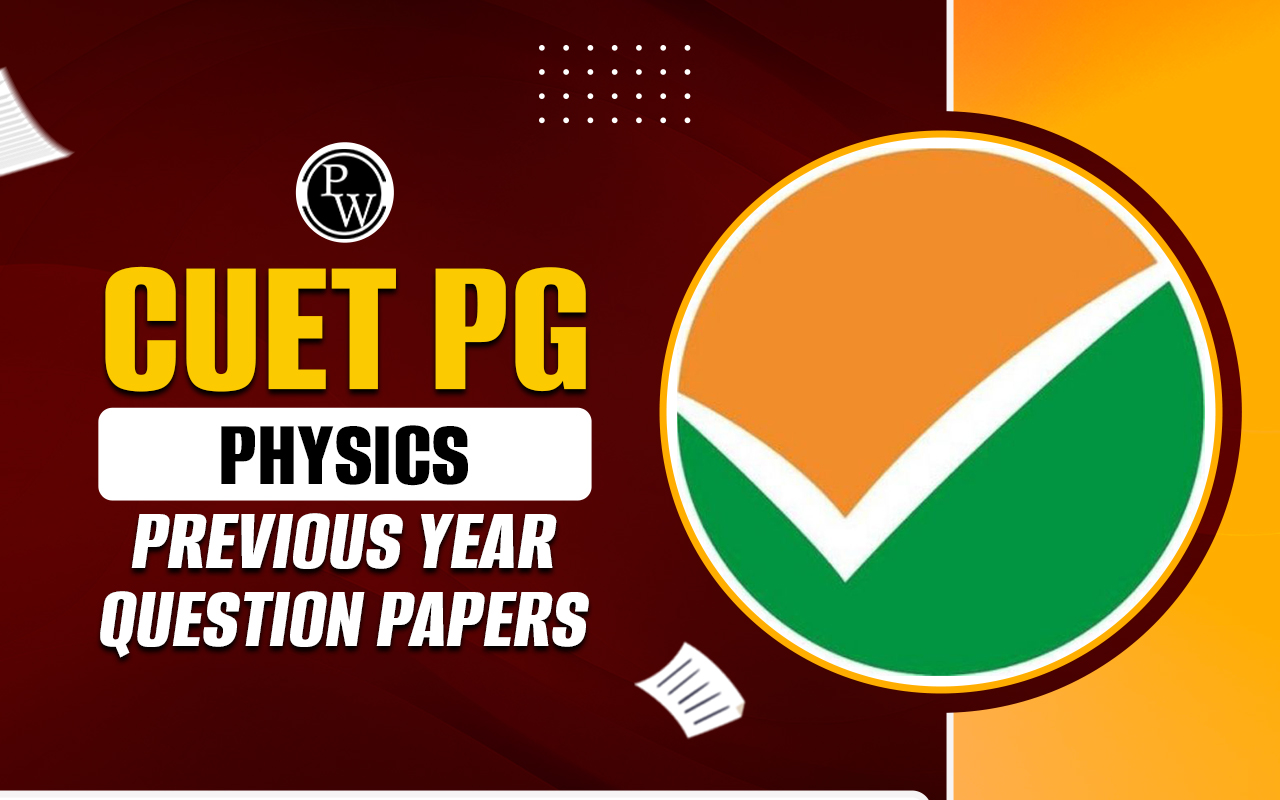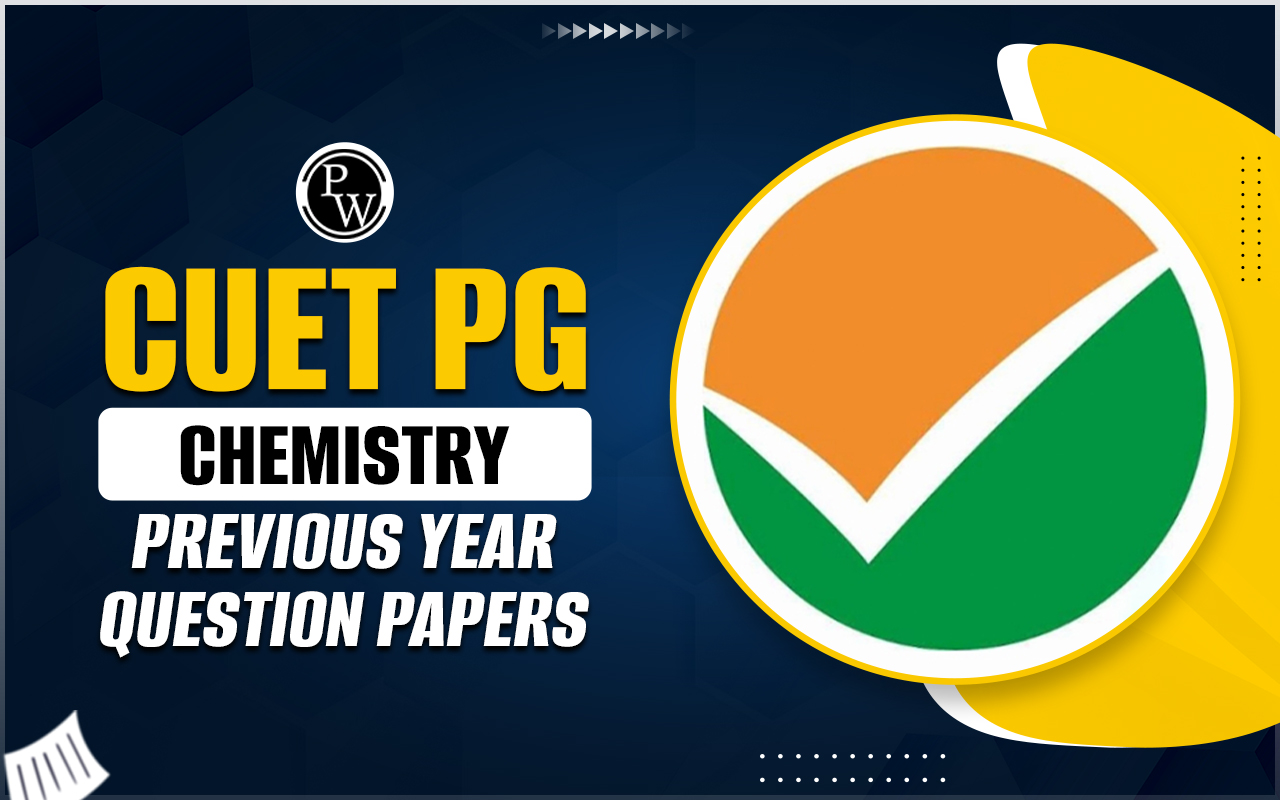
MSc Economics course helps students learn about in-depth analytical and quantitative skills related to Economics and related fields. This course helps prepare them to understand market dynamics, global economic issues, and public policy frameworks. With applications in industries, research, academics, and government institutions, this course opens doors to multiple career opportunities in India and abroad. Furthermore, candidates can learn about the MSc Economics eligibility, syllabus, and other relevant details from here.
MSc Economics Overview
Pursuing an MSc Economics degree is a brilliant choice for students with a passion for economics, mathematics, and policy-making. This PG program not only builds strong analytical and problem-solving abilities but also ensures wide-ranging career prospects in both public and private sectors. With opportunities to specialise in development economics, finance, or data analytics, MSc Economics graduates are well-prepared for high-demand roles in today’s global economy.
The MSc Economics full form is Master of Science in Economics. This postgraduate program typically runs for 2 years (4 semesters) and offers both theoretical and applied knowledge in economics. The MSc curriculum covers microeconomics, macroeconomics, econometrics, development economics, public policy, and financial economics. This master’s course aims to strengthen critical reasoning, problem-solving, and research skills. Graduates of MSc Economics can pursue careers in academia, corporate firms, banks, research organisations, and government institutions.
Here is a quick overview of the MSc Economics program:
| MSc Economics Overview | |
|---|---|
| Particulars | Details |
| Course Name | Master of Science in Economics (MSc Economics) |
| Duration | 2 Years (4 Semesters) |
| Course Level | Postgraduate |
| Eligibility | Bachelor’s degree in Economics or related field |
| Average Fees | ₹20,000 – ₹3,00,000 per year |
| Top Entrance Exams | CUET PG, IIT JAM (Economics), JNUEE, DUET |
| Average Starting Salary | ₹4 – ₹10 LPA |
| Career Roles | Economist, Policy Analyst, Data Scientist, Lecturer, Financial Analyst |
Note: MSc Economics course details may be different at a specific university. Students must confirm from the official prospectus of their chosen institution.
MSc Economics Eligibility Criteria
Before applying for enrolment in the chosen university or college, candidates must check whether they meet the MSc Economics eligibility criteria. Generally, universities in India require students to have a strong background in economics and mathematics for admission purposes. Here is the general MSc Economics eligibility criteria:
| MSc Economics Eligibility Criteria | |
|---|---|
| Criteria | Requirements |
| Educational Qualification | Bachelor’s degree in Economics / B.A. (Hons.) in Economics / B.Sc. in Economics / related subjects (with Mathematics or Statistics) |
| Minimum Marks | 50–60% in undergraduate degree (varies by university) |
| Age Limit | No upper age limit |
| Additional Requirement | Mathematics at the 10+2 or UG level is mandatory in many universities |
Note: Some top institutions also accept admission for MSc Economics programme graduates from engineering, commerce, or management backgrounds if they have studied enough economics/mathematics papers.
MSc Economics Admission Process
Admission to the MSc Economics course is generally done through entrance exams or on a merit basis, depending on the university. The admission criteria are decided by a specific college or university only. Further, the admission process for the MSc Economics programme can be summarised as below:
| MSc Economics Admission Process | |
|---|---|
| Mode | Details |
| Merit-Based | Selection based on undergraduate marks and cut-off lists |
| Entrance-Based | Candidates must appear for exams like CUET PG, IIT JAM (Economics), or university-level tests |
| Counselling/Interview | Shortlisted candidates may be called for further assessment |
| Final Selection | Based on the merit list, exam scores, and the counselling round |
Note: Candidates are always required to check the official admission brochure of the university for accurate guidelines for the admission process.
MSc Economics Entrance Exams
Top universities in India conduct competitive entrance exams for MSc Economics admission. These entrance exams test candidates’ knowledge of undergraduate economics, mathematics, statistics, and logical reasoning. Candidates can learn about various MSc Economics entrance examinations in India:
| MSc Economics Entrance Test List | |||
|---|---|---|---|
| Exam Name | Conducting Body | Mode of Exam | Subjects Covered |
| CUET PG | NTA | Online CBT | UG Economics, Mathematics, Statistics |
| IIT JAM (Economics) | IITs | Online CBT | Microeconomics, Macroeconomics, Statistics, Econometrics |
| JNUEE | Jawaharlal Nehru University | Online CBT | UG-level Economics, Mathematics |
| DUET | Delhi University | Online CBT | Micro, Macro, Econometrics, Math |
| BHU PET | Banaras Hindu University | Online/Offline | UG Economics Concepts |
Note: Exam patterns and syllabus for the MSc Economics entrance tests may change as per specific examination conducting bodies. Applicants should check official notifications before applying for the admission process.
MSc Economics Syllabus
The MSc Economics syllabus is designed to cover both core theory and applied areas related to Economics. The first year in the Economics PG course typically focuses on foundations like microeconomics, macroeconomics, and econometrics, while the second year allows specialisation in applied economics, finance, or policy. Here are the specific details about the semester-wise MSc Economics Syllabus:
| MSc Economics Syllabus | |
|---|---|
| Semester | Subjects Covered |
| Semester 1 | Microeconomics, Macroeconomics, Quantitative Methods, Mathematical Economics |
| Semester 2 | Econometrics, Development Economics, Public Economics, International Trade |
| Semester 3 | Financial Economics, Industrial Economics, Research Methodology, Electives |
| Semester 4 | Advanced Econometrics, Dissertation/Project, Applied Economics, Electives |
Note: Candidates are recommended to check the syllabus details from their chosen university. The syllabus may change according to the specific university.
MSc Economics Core Subjects
Some common core subjects included in the MSc Economics curriculum taught across most universities are:
| MSc Economics Core Subjects | |
|---|---|
| Core Subject | Focus Area |
| Microeconomics | Consumer theory, production, and market structures |
| Macroeconomics | Growth, business cycles, monetary & fiscal policy |
| Econometrics | Regression models, forecasting, applied data analysis |
| Development Economics | Poverty, inequality, and economic growth strategies |
| Public Economics | Taxation, public expenditure, welfare economics |
| International Economics | Trade theories, balance of payments, and global markets |
| Financial Economics | Asset pricing, risk management, and financial markets |
MSc Economics Specialisations
Students may also choose specialisations in the final year of their MSc Economics Specialisations to align their studies with career goals. Here are the brief details related to the MSc Economics specialisation course:
| MSc Economics Specialisation Details | |
|---|---|
| Specialisation | Scope |
| Development Economics | Focus on poverty reduction, economic growth, and global development |
| Financial Economics | Banking, asset pricing, corporate finance |
| International Economics | Global trade, exchange rates, international finance |
| Agricultural Economics | Rural development, agribusiness, food security |
| Public Policy | Policy design, governance, and welfare reforms |
| Data Analytics in Economics | Application of econometrics, big data, and AI in economics |
Top MSc Economics Colleges in India
Several prestigious universities in India offer MSc Economics programs. Admission is mostly through entrance exams like CUET PG, IIT JAM, or university-specific tests.
Candidates can take a quick overview of MSc Economics Colleges and universities in India from here:
| MSc Economics College List | ||
|---|---|---|
| College/University | Location | Entrance Exam |
| Delhi School of Economics (DSE), DU | New Delhi | DUET / CUET PG |
| Jawaharlal Nehru University (JNU) | New Delhi | JNUEE |
| Indira Gandhi Institute of Development Research (IGIDR) | Mumbai | IGIDR Entrance Exam |
| Indian Statistical Institute (ISI) | Kolkata | ISI Test |
| Madras School of Economics (MSE) | Chennai | University Test |
| Banaras Hindu University (BHU) | Varanasi | BHU PET / CUET PG |
| Gokhale Institute of Politics and Economics | Pune | Gokhale Entrance Test |
| IITs (for MSc Economics/MA Economics) | Multiple | IIT JAM (Economics) |
MSc Economics Fees in India
The course fee to pursue the MSc Economics course varies depending on whether the institution is central, state, or private. Candidates can check the estimated MSc Economics Fees in different kinds of universities:
| MSc Economics Fees Details | |
|---|---|
| Type of Institution | Average Fee Range (per year) |
| Central/State Universities | ₹20,000 – ₹80,000 |
| IITs/ISI/IGIDR | ₹1,00,000 – ₹2,00,000 |
| Private Universities | ₹1,50,000 – ₹3,00,000 |
Note: The above-mentioned MSc Economics Fees are for indicative purposes only. Candidates can refer to the official websites of their chosen university to learn about the exact MSc Economics Fee.
MSc Economics Books
Candidates should refer to the MSc Economics Books written by reputed authors. Reading standard reference books is essential for MSc Economics students to grasp concepts and perform well in exams and research. The following MSc Economics Books are recommended for the candidates:
| MSc Economics Books | |
|---|---|
| Subject | Recommended Books |
| Microeconomics | Microeconomic Theory – Andreu Mas-Colell |
| Macroeconomics | Macroeconomics – N. Gregory Mankiw |
| Econometrics | Introductory Econometrics – Jeffrey Wooldridge |
| Development Economics | Development Economics – Debraj Ray |
| Mathematical Economics | Mathematical Methods and Models – Alpha Chiang |
| Public Economics | Public Finance – Harvey Rosen |
| International Economics | International Economics – Paul Krugman |
Jobs & Career Scope After MSc Economics
Graduates of the MSc Economics degree enjoy diverse career options across academia, finance, government, and research sectors. Strong quantitative and analytical training makes them suitable for high-demand roles.
The following are the most suitable career options for MSc Economics graduates:
| MSc Economics Jobs | |
|---|---|
| Career Role | Average Salary (per annum) |
| Economist | ₹6 – ₹12 LPA |
| Policy Analyst | ₹5 – ₹10 LPA |
| Data Scientist | ₹7 – ₹15 LPA |
| Lecturer/Professor | ₹5 – ₹9 LPA |
| Financial Analyst | ₹6 – ₹12 LPA |
| Market Researcher | ₹4 – ₹8 LPA |
| Statistician | ₹5 – ₹10 LPA |
Future Scope of MSc Economics
The future scope of MSc Economics is vast due to globalisation, data-driven policymaking, and financial sector growth. Graduates can pursue:
-
Higher Studies: Ph.D. in Economics, M.Phil., or advanced research fellowships in India and abroad.
-
Research Careers: Positions in RBI, NITI Aayog, World Bank, IMF, UNDP, or CSO.
-
Industrial Roles: Consulting firms, investment banks, IT, fintech, and the corporate sector.
-
Public Policy Careers: Think tanks, NGOs, and government advisory roles.
M.Sc. Economics FAQs
What is Economics full form?
What is the eligibility for MSc Economics?
Which exams are required for MSc Economics admission?
What are the career options after an MSc in Economics?
What is the average salary after an MSc in Economics?










